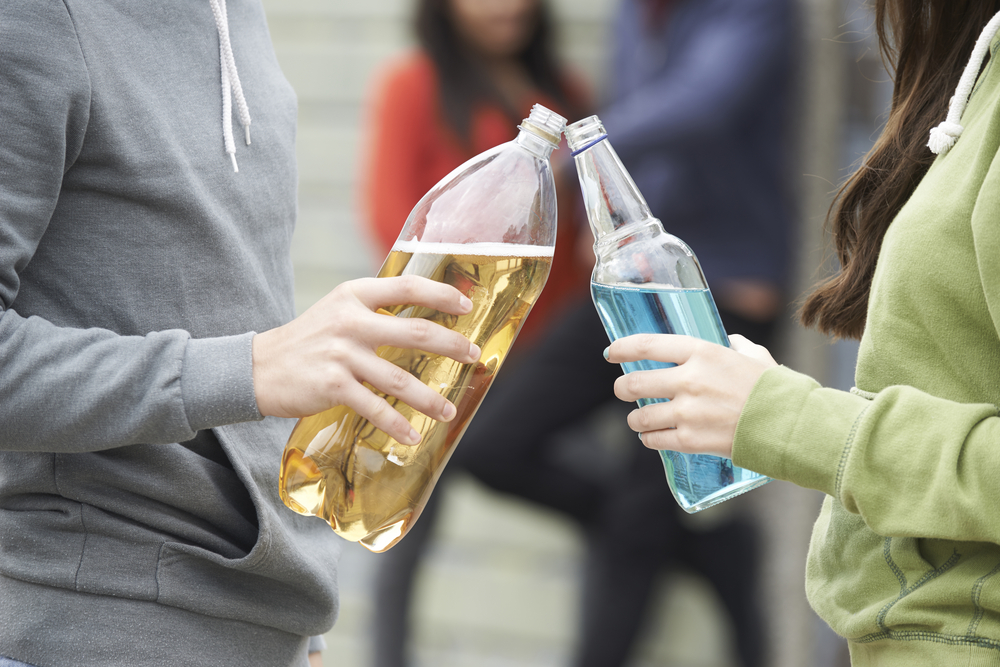Insurance Considerations for Illegal Underage Alcohol Fines

Running a liquor store or an establishment that sells alcohol comes with a significant set of responsibilities. Among the most serious concerns is the legal risk associated with underage alcohol sales. While most business owners train their staff and implement ID-check systems, mistakes still happen—and they can be costly. Fines for selling alcohol to minors are steep, and beyond the legal consequences, they can deeply impact your business’s insurance policies.
This article explores the insurance implications of illegal underage alcohol fines and what business owners need to know to stay protected.
Understanding the Legal Risks of Underage Alcohol Sales
Every state has strict laws regarding the sale of alcohol to individuals under the legal drinking age. In most U.S. states, the legal drinking age is 21. Selling alcohol to a minor, even accidentally, can result in heavy fines, criminal charges, and possibly the suspension or revocation of your liquor license.
Many businesses don’t realize that these legal violations can also affect their commercial liability insurance and other types of coverage. While fines themselves are typically not covered by insurance, the ripple effects they create can increase your overall risk profile, leading to higher premiums or even policy cancellation.
Does Business Insurance Cover Underage Alcohol Fines?
In general, business insurance policies do not cover criminal fines or penalties, including those for underage alcohol sales. Insurers view illegal activities—intentional or not—as breaches of policy terms. However, there are certain aspects of your coverage that might come into play after an incident:
1. Liquor Liability Insurance
Liquor liability insurance is designed to protect businesses against claims related to the sale or service of alcohol. This could include bodily injury or property damage caused by an intoxicated customer. However, most liquor liability policies have exclusions for illegal acts, including the sale of alcohol to minors.
If a fine is issued due to an underage sale, your liquor liability coverage likely won’t pay for the fine itself—but it may cover legal defense costs if a related lawsuit arises, depending on your policy.
2. General Liability Insurance
General liability insurance typically covers bodily injury, property damage, and legal defense costs for certain lawsuits. Like liquor liability insurance, it does not cover fines for illegal activities. However, if a customer files a civil claim related to an underage sale—perhaps due to injuries sustained by a minor who was served alcohol—your general liability policy might step in.
3. Employment Practices Liability Insurance (EPLI)
EPLI could become relevant if an employee claims they were terminated unfairly due to an incident involving an underage sale. While this doesn’t relate directly to the fine, it’s an example of how one issue can trigger others that require insurance coverage.
How Underage Alcohol Sales Affect Your Insurance Status
Even though the fine itself may not be covered, an incident involving underage alcohol sales can lead to:
Increased premiums: Insurers view your business as higher risk.
Policy non-renewal: A serious violation can result in your insurance provider refusing to renew your policy.
Loss of liquor license: Without a valid license, many insurance policies become void.
Legal scrutiny: You may face audits or tighter regulations that affect your operating costs.
Maintaining a clean record is crucial not only for compliance but also to protect your ability to secure affordable and comprehensive insurance coverage.
Risk Management Tips for Avoiding Fines and Insurance Issues
While insurance may not shield you from fines, proactive risk management can reduce your chances of violating alcohol laws. Here’s how to protect your business:
1. Invest in ID Verification Technology
Electronic ID scanners can help verify the age of customers quickly and reliably. Some systems are even capable of detecting fake IDs, providing added protection for your business.
2. Train Employees Thoroughly
All staff involved in the sale or service of alcohol should be trained regularly on state laws, proper ID checking techniques, and store policies. Many states offer alcohol server certification programs that help ensure compliance.
3. Create and Enforce Strict Internal Policies
Have written guidelines on ID checks and sales procedures. Make it clear that any violation could result in termination, and reward staff who follow procedures carefully.
4. Audit Your Processes Periodically
Regular compliance checks, whether done internally or by third-party experts, can catch issues before they result in fines or lawsuits. This proactive step can also be viewed favorably by insurers.
5. Review Your Insurance Coverage Annually
Speak with your insurance broker or agent to review your current coverage and ensure your business is properly protected. Look into liquor liability endorsements, legal defense riders, or specialized policies for alcohol-serving establishments.
Conclusion
Illegal underage alcohol fines are not just a legal issue—they’re an insurance red flag. While standard insurance policies typically exclude criminal fines, the broader consequences of a violation can significantly impact your premiums, policy renewals, and overall risk exposure.
Liquor store owners, bar managers, and restaurant operators must prioritize compliance and implement strong internal safeguards. Partnering with an insurance provider that understands the complexities of the alcohol industry is also essential. Being proactive not only protects your license and your reputation—it helps keep your business insurable in the long run.
By understanding your risks and limitations, you can create a safer environment for your staff, your customers, and your bottom line.
